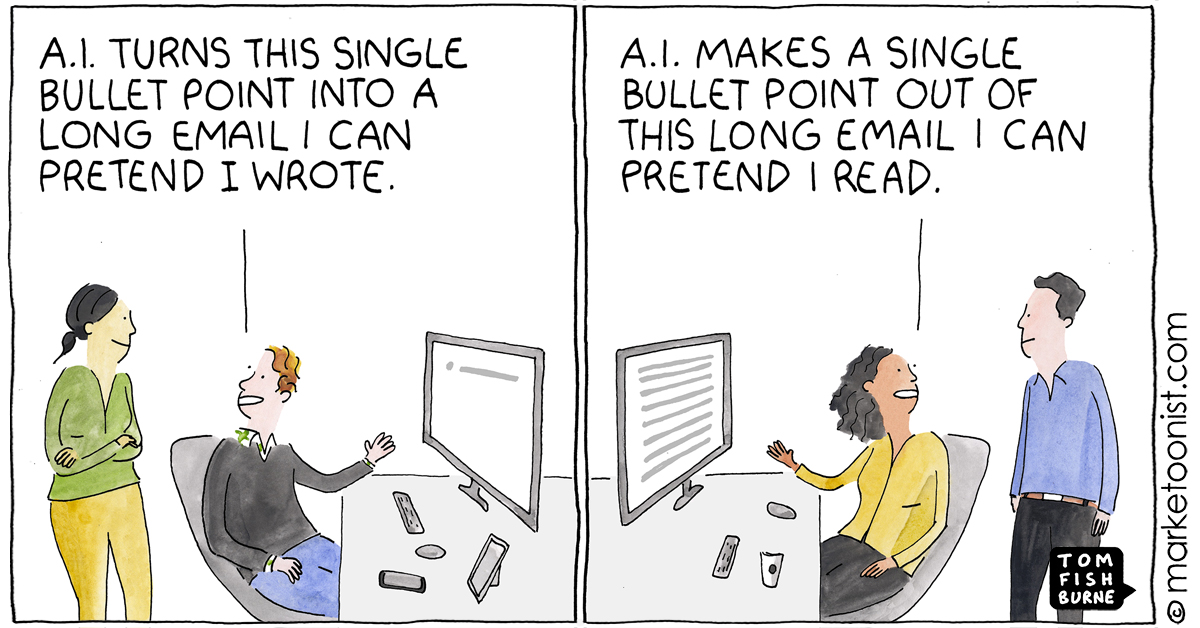If you haven’t seen this video that WebMD parent company “Internet Brands” sent
to their employees telling them that they need to return to the office, you
really have to check it out. It’s cringe-inducing, tone deaf, and callous in
the way that American business has desperately worked to normalize for decades.
“We work better together,” Internet Brands CEO Bob Brisco states in the video,
adding, “We aren’t asking or negotiating at this point.” The video leaked to the
public and the reaction was… Predictable.
“Well,” you might say, “CEOs gonna CEO.” That’s true, the withering empathy of
the C-suite, unchecked by labor or anti-trust protections dissolved by Ronald
Reagan, has allowed the American CEO to evolve into a different species, one
which looks upon its employees as “inconvenient gut flora.”
But all that aside, the entire stated basis of this message is fallacious, and
I’ll tell you why.
Read more →






